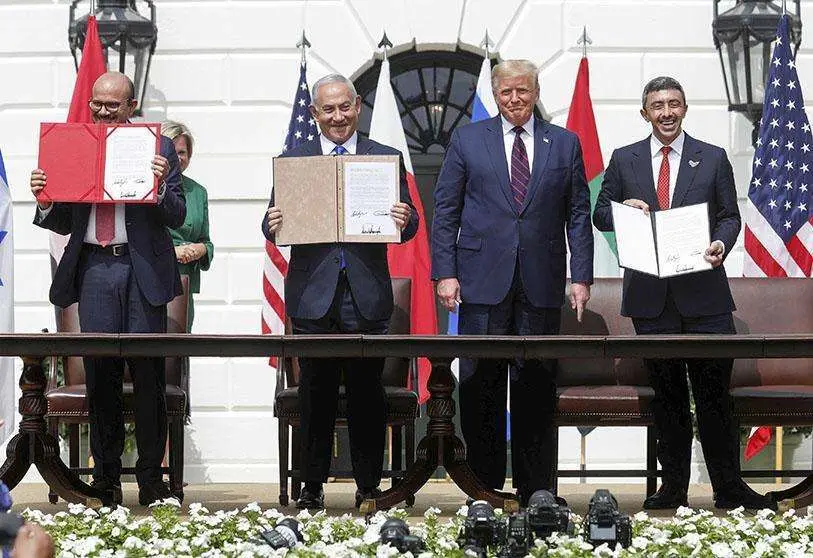Abraham's changes

The changes in the Middle East region following the signing of the Abraham Accords between Israel and the United Arab Emirates and Bahrain are becoming apparent day by day. Morocco and Sudan have joined them. The understanding between Sunni Arabs and Israelis is of great importance in order to confront the expansionist threats of the Iranian ayatollahs in Syria, Lebanon, Gaza and Yemen, and to promote collaboration in all sectors between the societies of these countries. A process that had begun years ago and that crystallised publicly and politically with these agreements.
Meanwhile, the two countries, Sunnis and Shiites at loggerheads in recent years for hegemony in the region and without diplomatic relations since 2016, following the attacks in Tehran on Saudi diplomatic missions after the execution by Riyadh of the Shiite cleric Nimr al-Nimr, have been quietly conducting five rounds of negotiations in Iraq since April last year. Contacts at the level of security officials and which could be elevated to the political level and in public, Iranian Foreign Minister Hossein Amir-Abdollahian has announced. However, the road to Iranian-Saudi reconciliation has to overcome difficult obstacles, while other Arab countries such as the United Arab Emirates and Kuwait are already considering sending ambassadors to Tehran.
These negotiations came under scrutiny during the recent meeting between US President Joe Biden and Saudi Crown Prince Mohammed bin Salman, because Iran's divisive and suspicious nuclear programme is on the table. Israel remains resolute in its position to prevent Iran's pursuit of a nuclear weapon, which some claim is already within reach, by any means at its disposal. Washington is demanding a series of tough conditions for further negotiations. And among Arab countries in the region, a number of conditions are being contemplated to achieve some normalisation of relations with the Ayatollahs' regime.
In any case, Saudi Arabia wants to avoid its negotiations with Iran being interpreted as an acceptance of the activities of pro-Iranian militias in the region. At the moment, the Iranian regime is most interested in easing tensions with its neighbours in order to cope with international pressure to restore the nuclear deal and achieve its goal of lifting sanctions.
Tehran is working to prevent Saudi Arabia from joining the Abraham Accords and establishing relations with Israel, at a time when it is suffering from Israeli attacks on its bases in Syria, cyber-attacks on its nuclear project and against prominent scientists and officials. The precarious domestic situation in Iran, with protests in numerous cities against repression and shortages of food, medicine, petrol and electricity, is another major reason for Iran to seek to ease tensions in the region.

